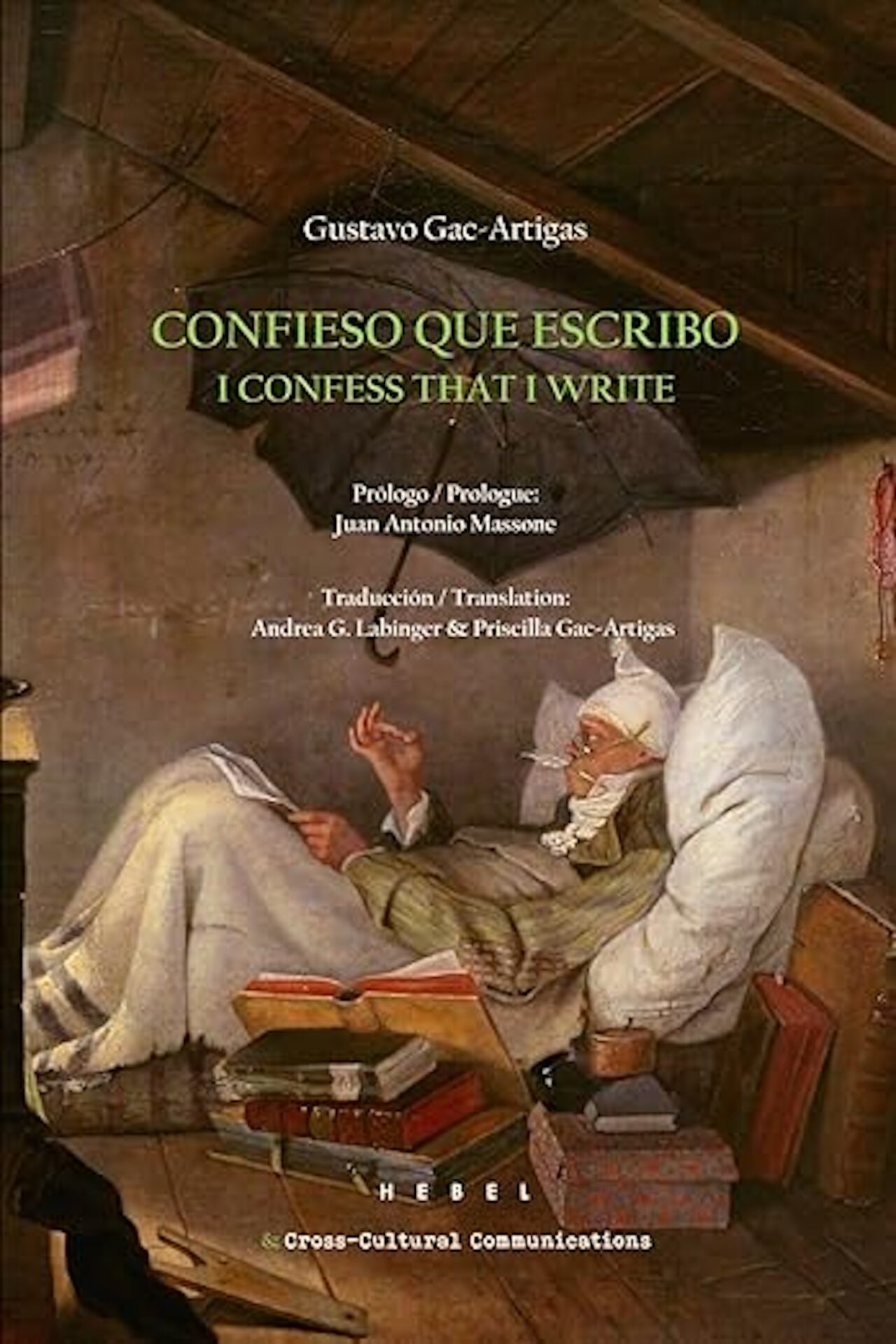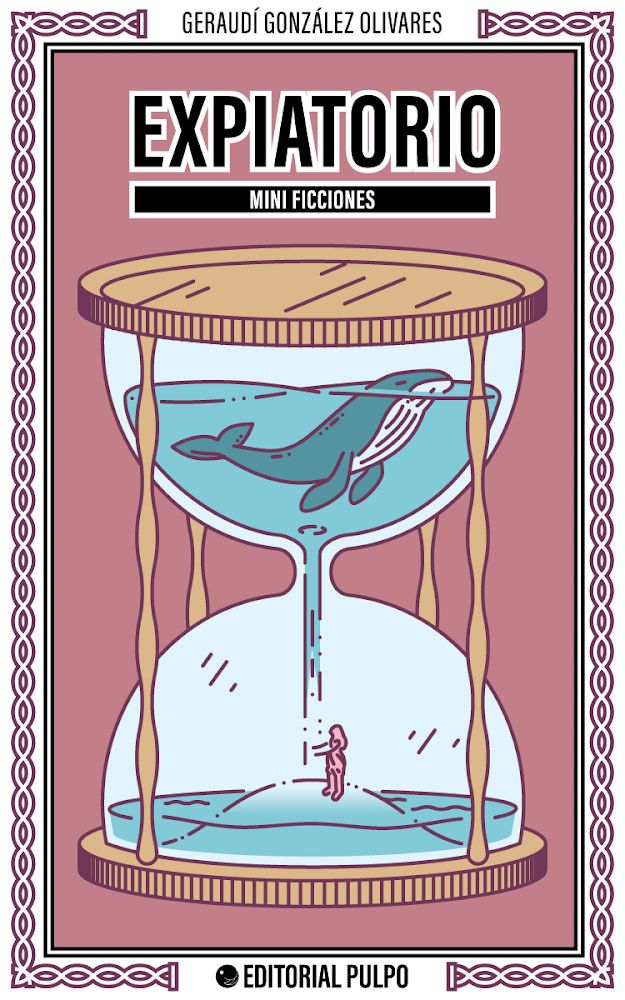La vida enferma. Hernán Vera Álvarez. New York: Sudaquia Editores. 2021. 110 pages.
 La vida enferma is life as we know it today: a daily existence where death is shown regularly and where policing our own and others’ bodies is the way we must behave. In his most recent book, Vera confronts us with the helplessness of perpetually dark days. These are nights that overlap other nights, and the inhabitants of this emptied-out world cannot sleep with so much silence.
La vida enferma is life as we know it today: a daily existence where death is shown regularly and where policing our own and others’ bodies is the way we must behave. In his most recent book, Vera confronts us with the helplessness of perpetually dark days. These are nights that overlap other nights, and the inhabitants of this emptied-out world cannot sleep with so much silence.
As much of Vera’s writing tends to be, this hybrid book could be considered a series of aphorisms, but it could also be a story that has been brutalized to the point that it leaves only wounded scraps of poetry on the page. They are crude and intimate texts, not necessarily written to be shared. We find a raw account of an era that has not quite ended and which we are still suffering through as long as we live and read about it. Vera brings us heartbreaking revelations of a pandemic journal that is not yet finished, which will possibly linger while our distorted world keeps confronting us with illness and death.
In the “new normal” narrated by Vera, a wanderer of inhospitable streets sees mannequins having coffee with other mannequins; instead of coins being found on the street, filthy face masks and virulent symptoms are found that do not just correspond to COVID-19, but to unhealthy relationships maintained over social media. Vera shows us that contemporary loneliness is not just caused by a lack of physical contact, but also by the lack of empathy and the hypocrisy that the main character finds from oversharing online: “Ni un solo corazón en Twitter/ Ni un solo match en Tinder/ Ni un solo e-mail./ Evidentemente Dios no existe” [Not a single like on Twitter/ Not a single match on Tinder/ Not a single email./ Clearly God does not exist]. However, true horror is seen in the poetic voice when it points out that “los humanos merecemos morir [porque] nada se perderá” [humans deserve to die [because] nothing will be lost] because we will become “un número más entre tantos números” [one more number among so many numbers] and will crack from the total loss of meaning.
In this text, some verses unravel before the narrator can finish them (“En el año de la/ En el año de/ En el año/ En el/ Peste” [In the year of the/ In the year of/ In the year/ In the/ Plague]) because maybe Vera is showing us that so much pain should silence us, because not even language seems to be enough to articulate our suffering. La vida enferma makes an attempt to open up a dialogue among loners, in the midst of the distance that we have learned to impose on ourselves, in a life where only the moon seems to be the same: “ni fría ni distante/ ni irónica/ ni bestial/ solo una luna” [neither cold nor distant/ nor ironic/ nor irrational/ just a moon].
Raquel Abend van Dalen
Translated by Alison Silverstein
Middlebury Institute of International Studies







